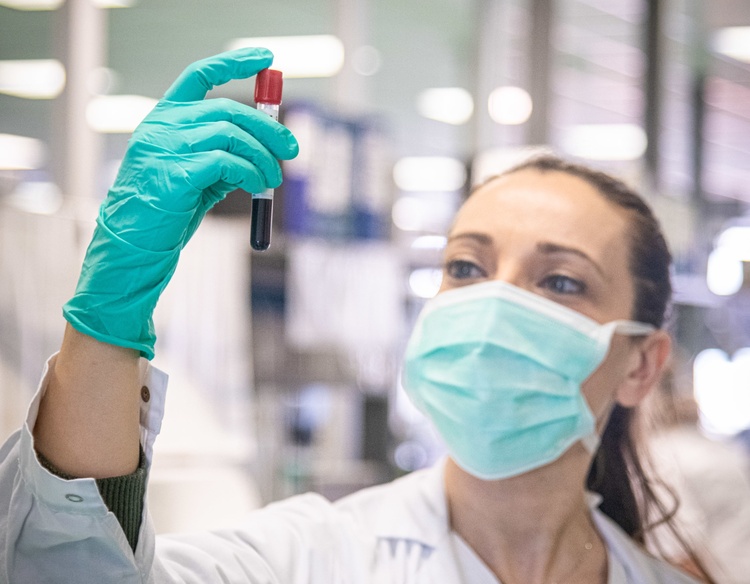The World Health Organization (WHO) has said the virus and COVID-19, the respiratory disease it causes, were unknown before the outbreak was first reported in Wuhan, in central China, in December.
Italy’s first COVID-19 patient was detected on February 21 in a small town near Milan, in the northern region of Lombardy.
An earlier study on sewerage in Milan and Turin conducted by Italy’s Higher Health Institute (ISS) indicated that the virus was already present in the nation in December.
But the INT’s findings, published in the scientific magazine Tumori Journal, show that 11.6 per cent of 959 healthy volunteers enrolled in a lung cancer screening trial between September 2019 and March 2020, had developed coronavirus antibodies well before then.
A further specific SARS-CoV-2 antibodies test was carried out by the University of Siena for the same research titled ‘Unexpected detection of SARS-CoV-2 antibodies in the pre-pandemic period in Italy’.
It showed that four cases dated back to the first week of October were also positive for antibodies neutralising the virus, meaning they had got infected in September, Giovanni Apolone, a co-author of the study, said.
“Between March and April we began to reflect, also on the basis of other scientific studies, if the coronavirus in Italy had started to circulate before the official date,” Apalone told Italian news agency ANSA.
The study’s findings show that in September 2019, the virus was already present in five of Italy’s 20 regions and: Veneto (3), Emilia-Romagna (1), Liguria (1), Lombardy (2) and Lazio (1).
According to the data, at least one case of the virus was detected in 13 regions between September 2019 and March 2020.
Italy passed one million cases of the virus last Wednesday, and there have been more than 45,000 deaths across the country since the start of the pandemic.












